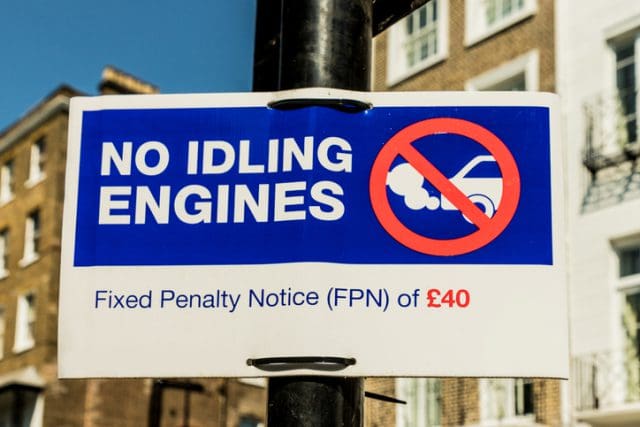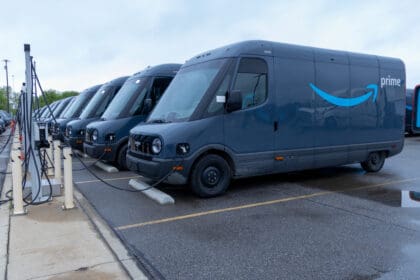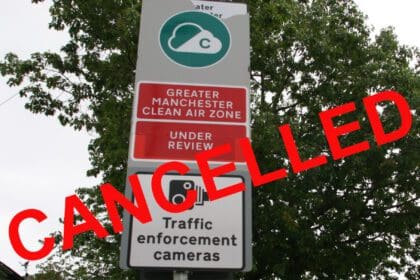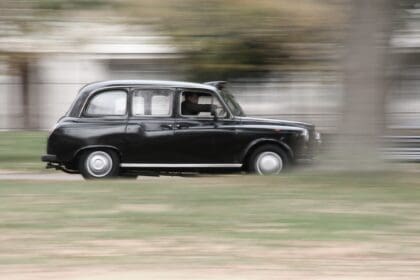A city which is cutting pollution without charging motorists to use its busiest streets is now calling on taxi drivers to switch off their engines whenever they are parked.
The new rules apply to all motorists in Brighton and Hove’s low emissions zone, with fines being issued for those who leave their engines running while they are parked – including cabbies waiting at taxi ranks.
Exceptions
When Brighton and Hove City Council first introduced the new rule – which does not apply to drivers who are stationary in traffic – it recognised that there would be certain exceptions, such as taxi drivers needing to run their engines to keep warm while waiting at a rank.
But several taxi drivers have complained that parking wardens are not aware of the exemptions and have been issuing the £40 tickets because drivers have had their engines running to heat their cabs while they wait for fares.
It is an expensive hassle they could do without, on top of rising taxi insurance and fuel costs.
Brighton & Hove Cab Trade Association chairman Andrew Peters told the BBC: “I had a phone call from a driver who said he was on a rank in East Street at 6.30am and he was issued with a penalty notice for running his engine while trying to keep warm. The council is going to have to have common sense.”
Mr Peters told BBC Radio Sussex: “I had a driver who told me that he had a conversation with one of the wardens, and he had no idea about the exceptions.”
Common-sense approach
Councillor Tim Rowkins, chairman of the city council’s environmental committee, said: “We take a common-sense approach to enforcement so there are exemptions including those which take into consideration severe weather and the health and safety of the driver or passengers.”
But this does not mean that taxi drivers are exempt from the rules.
Cllr Rowkins added: “Taxi drivers seen idling their engines whilst stationary at a taxi rank with their windows open or vacant from their vehicle would be expected to comply with the instruction to turn off their engine, since the defence of keeping warm would not apply.”
Getting drivers to switch off while stationary is the latest move by the council to cut pollution. Instead of introducing charges for drivers of older, pollution vehicles to enter clean air and ultra-low emissions zones, it has focused on greener buses.
The authority says that cleaner diesel and hybrid buses have led to improved air quality across the city, with nitrogen dioxide levels falling by a third in the past ten years. Along the city’s main bus routes, it is down by 40% to 60%.
The council is also calling on bus drivers to switch off if they are stationary for more than one minute.
Idle pollution
As well as improving the city’s air quality, the council said it will also help its drive to become carbon neutral by 2030.
The authority launched the crackdown following research that “an idling engine can produce up to twice as many exhaust emissions as an engine in motion”.
Councillor Rowkins said: “Improving the city’s air quality is extremely important, especially for those who suffer from long-term respiratory conditions like asthma and lung disease.
“Enforcing engine idling is something we hope will deter motorists from releasing harmful emissions unnecessarily. We’re asking those parked to switch off their engines and reduce air pollution.”




